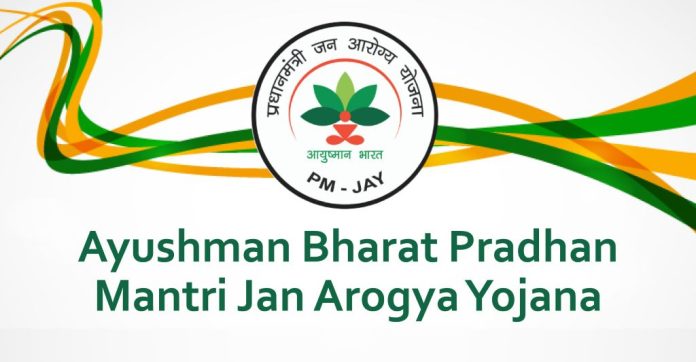The decision by private hospitals and dialysis centres in Jammu & Kashmir to resume services under the Ayushman Bharat Pradhan Mantri Jan Arogya Yojana (AB-PMJAY), commonly referred to as the Golden Card scheme, is a significant relief for the region’s healthcare system. This development follows months of uncertainty, financial strain, and service suspension due to the lack of payments for treatments provided under the scheme. It marks a much-needed course correction in the interest of public health, spurred by judicial intervention and assurances from the H&ME Department. The suspension of services under the AB-PMJAY scheme had left a large section of J&K’s population, particularly the economically disadvantaged, in a vulnerable position. The Golden Card provides free healthcare to millions of citizens, offering financial protection against exorbitant medical bills. When the empanelled private hospitals and dialysis centres were forced to stop services due to the unilateral decision by IFFCO Tokio to discontinue the insurance scheme in March, patients were left without access to vital treatments. This not only exposed gaps in the implementation of the Government’s flagship healthcare initiative but also raised concerns about the sustainability of such programmes when partnerships with private entities falter.
The HC’s directive to the insurance company to honour the contract underscores the legal and moral obligation of private partners to ensure that public health programs run smoothly. The court’s intervention, coupled with the J&K Government’s promise to disburse funds quickly, played a pivotal role in restoring services. The assurances have provided the much-needed confidence for private hospitals to resume their participation in the scheme. However, the delays in payments and the subsequent disruption in services expose deeper structural challenges within the healthcare system in J&K. UT authorities and private partners must take proactive measures to ensure that such a crisis does not recur. The Government must also hold insurance companies accountable to prevent future non-compliance with contractual obligations. Clear timelines for reimbursement and the release of funds should be established to maintain trust between the healthcare providers and the Government.


